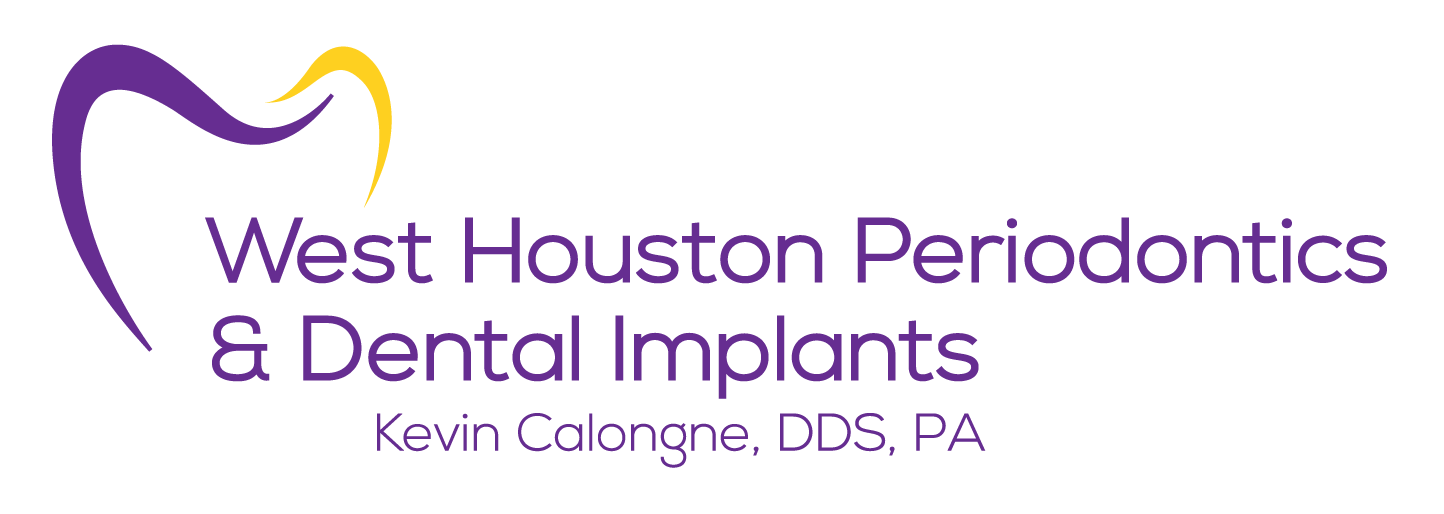Dealing with a gum or tooth abscess can be a painful and discomforting experience. As a patient, your immediate concern is finding relief from the pain and discomfort, which might lead you to explore various home remedies. However, it’s essential to distinguish between effective remedies and those that might not provide the desired results. In this blog, we’ll discuss some common home remedies for gum and tooth abscesses, examining what works and what doesn’t, all while keeping in mind the professional guidance of West Houston Periodontics.
Understanding Gum and Tooth Abscesses
Before delving into home remedies, it’s crucial to understand what gum and tooth abscesses are. An abscess occurs when bacteria enter the tooth or gum tissue, causing an infection and subsequent accumulation of pus. This can lead to severe pain, swelling, redness, and sometimes even fever. Seeking prompt professional dental care from West Houston Periodontics is essential to prevent complications and alleviate the pain.
Effective Home Remedies
- Warm Salt Water Rinses: Gargling with warm salt water can help reduce pain and inflammation caused by an abscess. The salt water rinse acts as an antiseptic, helping to cleanse the affected area.
- Tea Bags: Black tea bags contain tannins, which have astringent properties that may help reduce swelling and pain. Place a moistened black tea bag on the affected area for a temporary soothing effect.
- Clove Oil: Clove oil contains eugenol, a natural compound with analgesic and antibacterial properties. Applying a diluted solution of clove oil onto the abscess area using a cotton ball may offer some relief.
- Garlic: Garlic has antimicrobial properties and might help inhibit the growth of bacteria. Chewing on a piece of garlic or applying crushed garlic to the affected area may provide some relief.
- Over-the-Counter Pain Relievers: Non-prescription pain relievers such as ibuprofen or acetaminophen can help alleviate pain and reduce inflammation. Always follow the recommended dosage and consult a healthcare professional if you have any concerns.
Cautionary Notes
While the above remedies may offer temporary relief, it’s important to emphasize that they are not substitutes for professional dental care. Home remedies can provide temporary relief from pain and discomfort, but they do not address the root cause of the problem – the bacterial infection. Delaying or avoiding professional treatment can lead to the infection spreading or worsening over time.
What Doesn’t Work
- Applying Aspirin: Placing aspirin directly on the abscessed area is not recommended, as it can cause chemical burns and damage the soft tissues.
- Hydrogen Peroxide: While hydrogen peroxide is known for its disinfectant properties, using it undiluted in the mouth can harm healthy tissues and delay healing.
- Oil Pulling: Oil pulling involves swishing oil (such as coconut oil) in the mouth to “pull out” toxins. However, there is limited scientific evidence to support its effectiveness in treating abscesses.
When dealing with a gum or tooth abscess, it’s crucial to prioritize your oral health and seek professional care. While home remedies may offer temporary relief, they are not substitutes for timely and appropriate treatment provided by experienced dental professionals. West Houston Periodontics is dedicated to providing comprehensive care and guidance for patients facing dental issues. If you’re experiencing the symptoms of a gum or tooth abscess, don’t hesitate to reach out to a dental professional for proper diagnosis and treatment. Your oral health is worth the investment!

